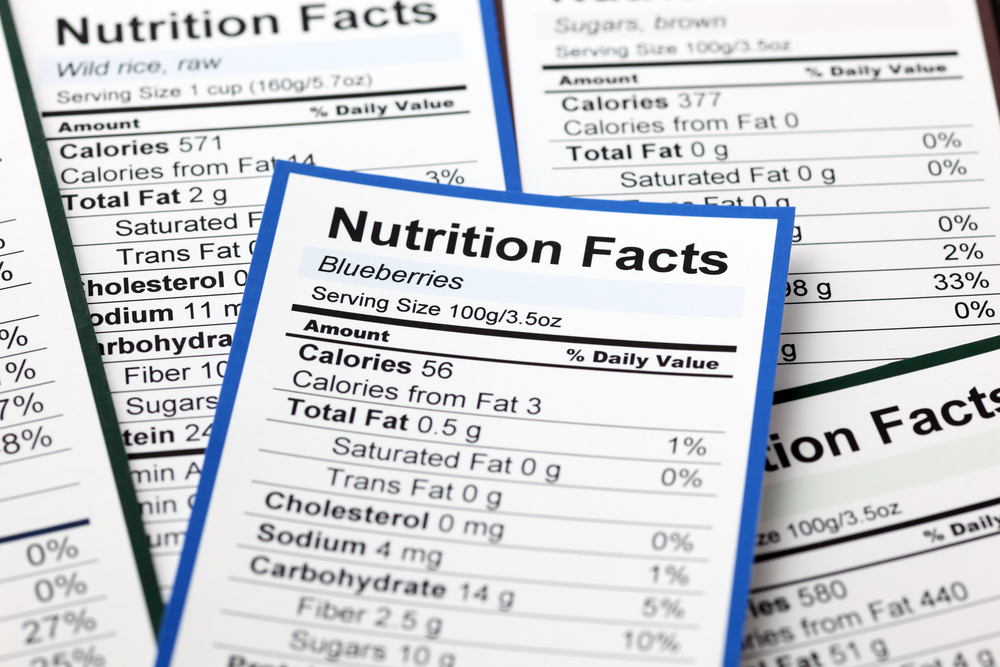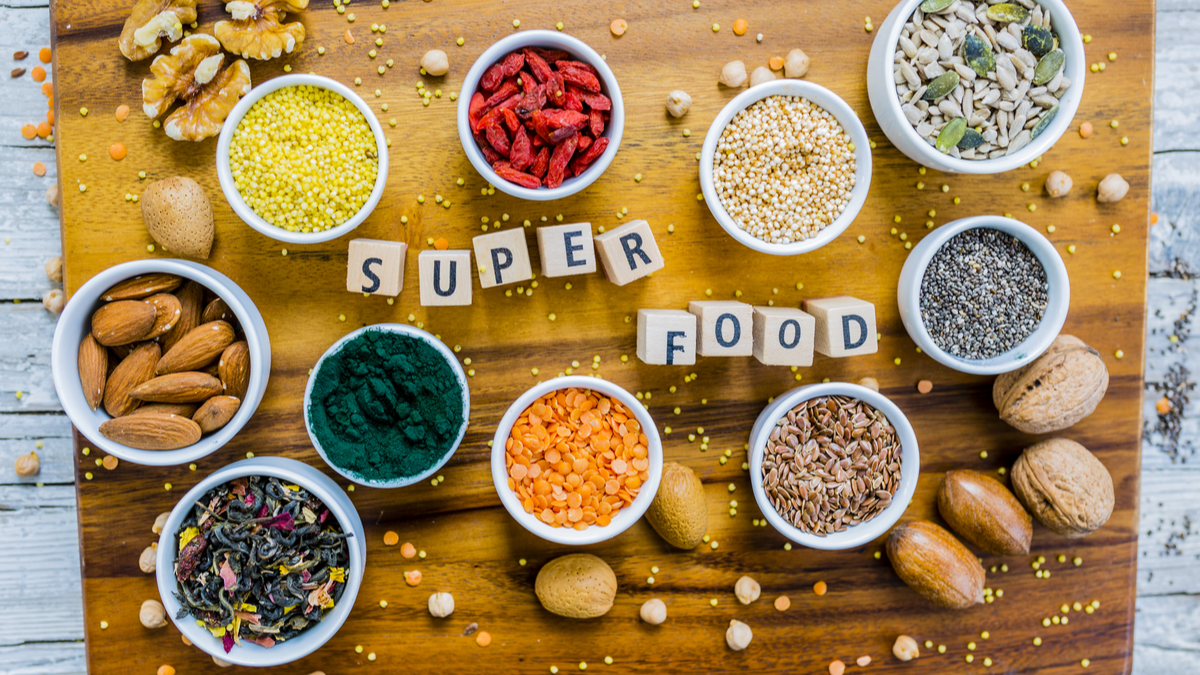As a college student, it’s important to make informed decisions about the food you eat to support your student health and wellness. Companies frequently use terms that seem healthier than they really are, making it difficult to navigate the store aisles and choose the best options for your health. Understanding food labels is key to selecting foods that support your health goals, both now and in the long term. In this article, we’ll break down how to read food labels and explain what to watch out for, so you can make healthier choices and stay on top of your college health.
1. Chemicals in Your Food
Many food products contain artificial flavors, colors, and preservatives to enhance their taste, appearance, and shelf life. While these chemicals can make food more appealing, they can also have negative effects on your health. For instance:
- Monosodium Glutamate (MSG): This flavor enhancer can cause headaches, chest pains, and nausea in sensitive individuals.
- Preservatives like Sodium Nitrate, Sodium Nitrite, and Benzoate: These are linked to heart problems and increase the risk of cancer.
When checking labels, it’s a good idea to look for foods with fewer artificial ingredients. The simpler, the better! Prioritize whole foods and avoid packaged items with long ingredient lists containing hard-to-pronounce chemicals.
2. Understanding Sugar on Food Labels
Sugar is hidden under many different names on food labels, and some of these can be misleading. High-fructose corn syrup (HFCS) is one of the most common culprits, but it’s also listed under various names, such as:
- Cane crystals, evaporated cane juice, cane juice crystals, and dehydrated cane juice
- Dextrose, sucrose, fructose, maltose, barley malt syrup, brown rice syrup, malt syrup, fruit juice concentrate, honey, molasses, and many more.
It’s important to be aware that these sugars can be just as harmful as traditional sugar, and consuming them in excess can lead to weight gain, increased blood sugar levels, and long-term health issues such as diabetes. For better student health, aim for whole, unprocessed foods, and avoid sugary drinks and snacks, especially during exam periods when you might be tempted to reach for quick, sugary fixes.
3. Fats: The Good, the Bad, and the Ugly
When it comes to fats, not all are created equal. Trans fats, often labeled as hydrogenated oils, are the worst kind of fats for your health. They raise bad cholesterol levels (LDL) and are linked to heart disease, which is why they should be avoided at all costs.
- Brominated Vegetable Oil: This is also considered a trans fat, commonly found in sodas and processed foods.
On the other hand, healthy fats like those found in avocados, nuts, seeds, and olive oil can help boost energy, improve brain function, and promote overall student wellness. When reading food labels, try to minimize the consumption of foods high in trans fats and focus on incorporating more healthy fats into your diet.
4. GMOs (Genetically Modified Organisms)
Genetically modified foods, or GMOs, are common in many processed foods but aren’t always clearly labeled. GMOs are often used in crops like soy, corn, and wheat to increase yield, resistance to pests, and durability. However, there are concerns about the long-term health effects of consuming GMOs.
- Soy and High Fructose Corn Syrup: These ingredients are frequently genetically modified and can be found in many processed snacks and packaged foods.
To avoid GMOs, look for labels that say “Non-GMO” or “Organic,” as organic certification prohibits the use of GMOs. If you’re focused on college health, choosing organic or non-GMO food can help reduce exposure to potential toxins.
5. Animal Products to Watch For
For those following a vegetarian or vegan diet, it’s important to understand that some food labels may include animal-derived ingredients, even if the product doesn’t appear to be meat-based. Here are some common ingredients to be aware of:
- Cholesterol: This is only found in animal products. If you see cholesterol listed, it’s a sign the product contains animal-derived ingredients.
- Rennet: An enzyme that comes from the stomach lining of animals, used in cheese-making.
- Gelatin: Made from animal bones and found in many gummy candies, marshmallows, and gelatin desserts.
- Casein and Whey: These are milk proteins that can also be found in processed foods.
To ensure you’re sticking to a plant-based diet, carefully check food labels for these ingredients and avoid animal-derived products. Eating a plant-based diet is an excellent way to improve both your physical health and student wellness.
6. Gluten: What to Look For
If you need to avoid gluten due to allergies or sensitivities, it’s important to know which foods contain gluten. Gluten is a protein found in wheat, barley, and rye, so any food containing these ingredients should be avoided. Be cautious of terms like:
- Flour (including bleached, enriched, or unbleached flour)
- Barley, oats, rye, and wheat-based products
- Semolina, durum, bulgur, farro, and other wheat-related ingredients
Many processed foods contain gluten, so it’s essential to read labels carefully. Opt for gluten-free grains like quinoa, rice, and gluten-free oats, which are a great addition to your college health plan.
7. Simpler Ingredients for Better Health
In general, the fewer ingredients a food product has, the healthier it will likely be for you. Foods with simple, recognizable ingredients tend to be more natural and less processed. When shopping for food, try to choose items that are whole, minimally processed, and free from excessive additives or preservatives.
For students focused on college wellness, keeping things simple can be a great way to support both your physical and mental health. Try focusing on whole foods like fruits, vegetables, grains, and lean proteins to fuel your body and your mind.
Final Thoughts: Take Control of Your Health
Understanding food labels is a critical skill for making healthier choices and supporting your student health throughout college. By being mindful of the ingredients and the impact they can have on your body, you can take control of your health, boost your energy, and improve your overall well-being.
Stay informed, avoid processed foods when possible, and choose foods that nourish and fuel you for long days of studying, working out, and socializing. In doing so, you’ll not only take care of your college health, but you’ll also contribute to your overall success in school and beyond.
Remember, it’s not just about what you eat, but about understanding what goes into your food to maintain a healthy lifestyle that will keep you feeling your best. Happy eating!





